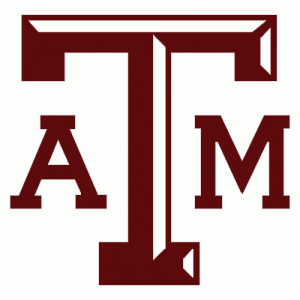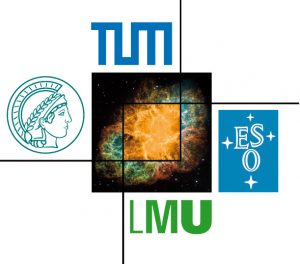While we often picture astronomers as lone souls peering through a telescope, building, carrying out, and analyzing an ambitious survey such as DES requires a large, coordinated team. DES is an international project with over 400 scientists from 25 institutions in 7 countries, who have come together to carry out the survey. Our team of scientists comprises university faculty and researchers, laboratory and observatory staff scientists, post-doctoral researchers, and graduate and undergraduate students. The support staff are also a critical part of the team: they make it possible for our scientists to travel to Chile to observe for the survey and to travel to conferences and collaboration meetings to discuss the latest results.
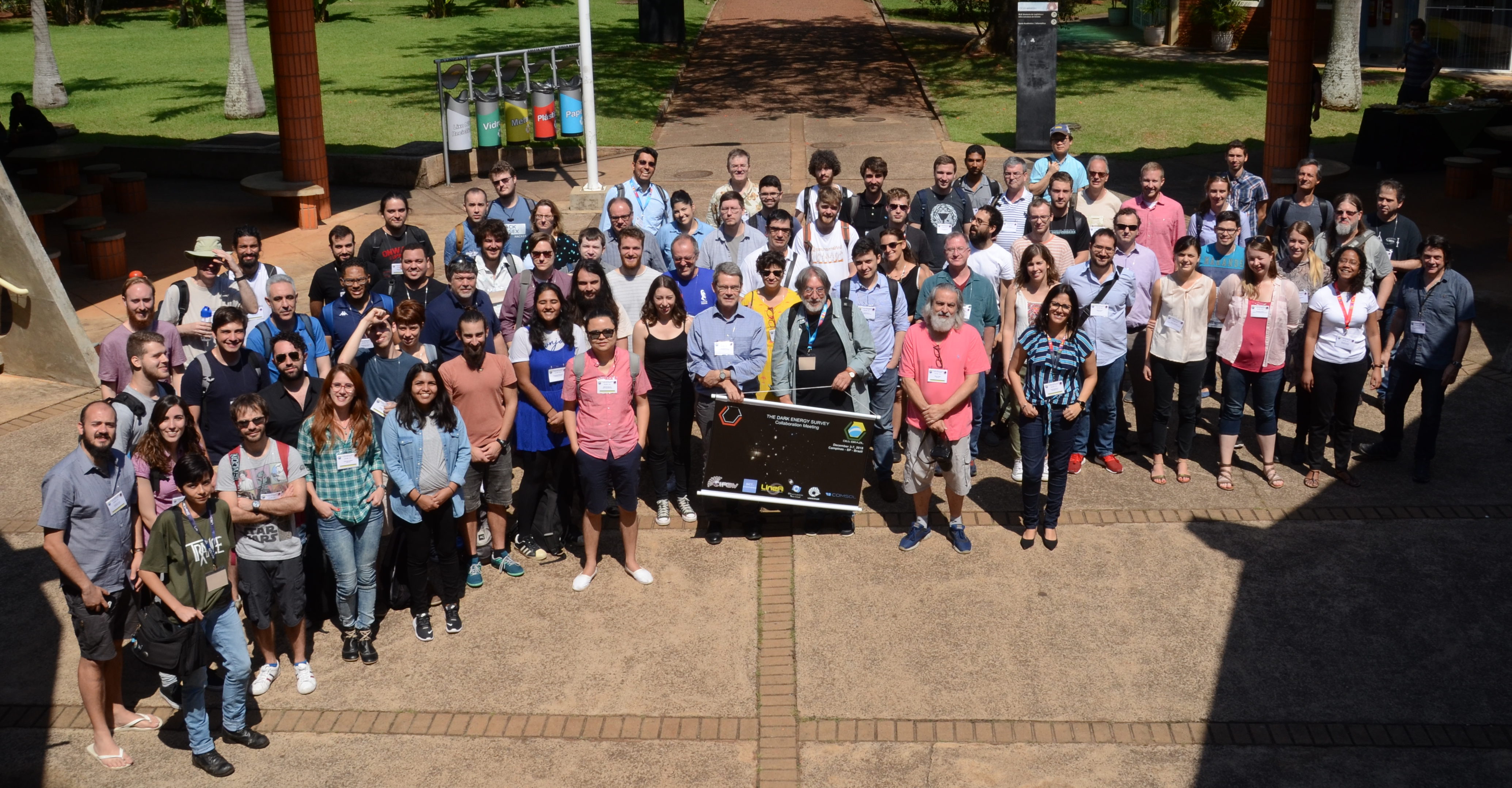
Science Working Groups and Conveners
Our scientific efforts are organized into Science Working Groups, each of which is tasked with coordinating and leading analyses and projects that feed into the larger questions of cosmic acceleration and expansion as well as other science topics. The co-coordinators of the Working Groups make up the Science Committee, which coordinates the analysis across working groups. The Science Working Groups, and their conveners, are:
Galaxy Evolution & QSO: Xin Liu & Antonella Palmese
Large-Scale Structure: Anna Porredon & Santiago Avila
Milky Way: Burçin Mutlu-Pakdil & Andrew Pace
Redshift: Alex Alarcon & Carles Sánchez
Science Release: Will Hartley & Monika Adamow
Strong Lensing: Simon Birrer & Brian Nord
Supernovae: Tamara Davis & Daniel Scolnic
Theory and Combined Probes: Felipe Andrade-Oliveira & Eric Baxter
Transients & Moving Objects: Pedro Bernardinelli & Ken Herner
Weak Lensing: Alex Amon & Judit Prat
The Science Committee is coordinated by Chihway Chang & Michael Troxel.
Analysis Team Leads
Cluster Galaxy Evolution: Alfredo Zenteno
Cluster Weak Lensing and Cosmology: Chun-Hao To, Maria E.S. Pereira , and Matteo Costanzi
Clusters-CMB cross-correlations: Sebastian Grandis & Matt Hilton
Cluster Spectroscopy: Matt Hilton
Cluster Splashback: Susmita Adhikari & Tae-Hyeon Shin
Harmonic Space Measurements: Cyrille Doux & Hugo Camacho
Milky Way Substructure: Keith Bechtol & Alex Drlica-Wagner
Theory Extensions: Otávio Alves, Sujeong Lee and Marco Raveri
Higher-order statistics (TCP): Bhuvnesh Jain, Nickolas Kokron
Galaxy-Shear Cross-Correlation: Giulia Giannini & Georgios Zacharegkas
Voids: Andras Kovacs & Nico Hamaus
Modeling and analysis for Y6 3x2pt: David Sanchez Cid, Jonathan Blazek and Niall MacCrann
Mass Mapping: Marco Gatti & Niall Jeffrey
Samplers and tensions: Pablo Lemos & Vivian Miranda
Supernova Cosmology: Maria Vincenzi & Dillon Brout
Shear Two-point Measurements: Simon Samuroff & Masa Yamamoto
Shear Calibration: Masa Yamamoto & Theo Schutt
Weak Lensing Redshift Distributions: Andresa Campos & Boyan Yin
Y6 Analysis Coordinators: Matt Becker & Martin Crocce
Management
Richard Kron from the University of Chicago and Fermilab was appointed the new Director of the Dark Energy Survey in October 2018. He leads the Project/Collaboration Office, which oversees all aspects of the Project and Collaboration. Tom Diehl is the Deputy Director. The Management Committee oversees collaboration affairs and oversees a number of committees:
Membership Committee: Eusebio Sanchez
External Collaborators: Paul Ricker
Speakers Bureau: Rich Kron
Education and Public Outreach: Ross Cawthon
Diversity & Inclusion: Alex Alarcón
Collaboration Meeting Steering Committee: Don Petravick
Support
The ombudspersons provide confidential, informal, independent, neutral advisory services for anyone in DES, including aid in resolving disputes. They are assigned by the Director. We also count on two external, professionally trained mediators are offering their services to DES. The advisory board observes and takes feedback on a range of topics, and gives strategic advice to the Director.
Executive Committee
The Executive Committee manages all aspects of the operation of the survey, from data management to camera operation to science computing. It focuses on:
Observing Systems
DECam Operations
Calibrations
Science Analysis Computing
External Collaborations
We also collaborate with other scientists and projects to carry out joint studies including the Atacama Cosmology Telescope, VISTA Hemisphere Survey, the South Pole Telescope Survey, STRIDES, and others.
At each institution, a number of scientists share their knowledge of the cosmos and their perspectives on science with the general public. DES is committed to contributing to both our local communities and the global community.
DES welcomes new ideas for external collaboration – if you are interested, please contact one of the working group coordinators or analysis team leads listed above.
Collaborating Institutions
The collaborating institutions and their countries or regions are listed below.
Fermilab — The Fermi National Accelerator Laboratory
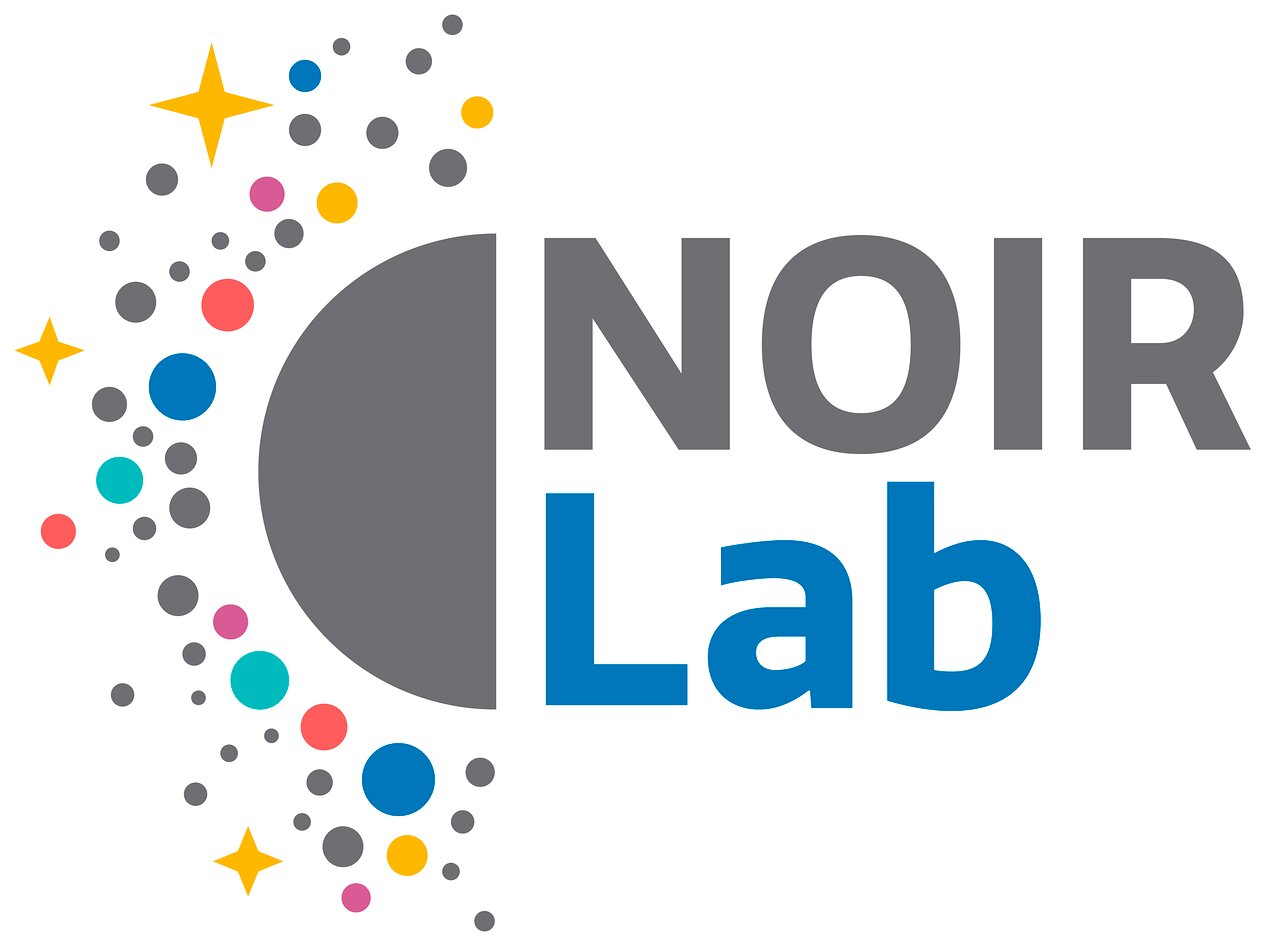
NSF’s NOIRLab— National Science Foundation’s National Optical-Infrared Astronomy Research Laboratory

Michigan — The University of Michigan
![]()
United Kingdom DES Collaboration
- UCL – University College London
- Cambridge — University of Cambridge
- Edinburgh — University of Edinburgh
- Portsmouth — University of Portsmouth
- Sussex — University of Sussex
- Nottingham — University of Nottingham
Pennsylvania — The University of Pennsylvania
TAMU — Texas A&M University
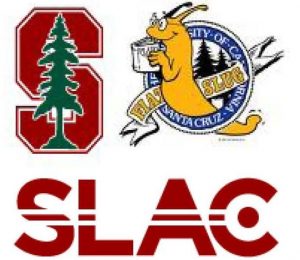
Santa Cruz-SLAC-Stanford DES Consortium
- Santa Cruz – University of California Santa Cruz
- SLAC – SLAC National Accelerator Laboratory
- Stanford – Stanford University
![]()
ETH-Zuerich —ETH Zurich – The Swiss Federal Institute of Technology in Zurich
Who is funding this project?
Funding for the DES Project has been provided by the U.S. Department of Energy, the U.S. National Science Foundation, the Ministry of Science and Education of Spain, the Science and Technology Facilities Council of the United Kingdom, the Higher Education Funding Council for England, the National Center for Supercomputing Applications at the University of Illinois at Urbana-Champaign, the Kavli Institute of Cosmological Physics at the University of Chicago, Financiadora de Estudos e Projetos, Fundação Carlos Chagas Filho de Amparo à Pesquisa do Estado do Rio de Janeiro, Conselho Nacional de Desenvolvimento Científico e Tecnológico and the Ministério da Ciência e Tecnologia and the Collaborating Institutions in the Dark Energy Survey.





